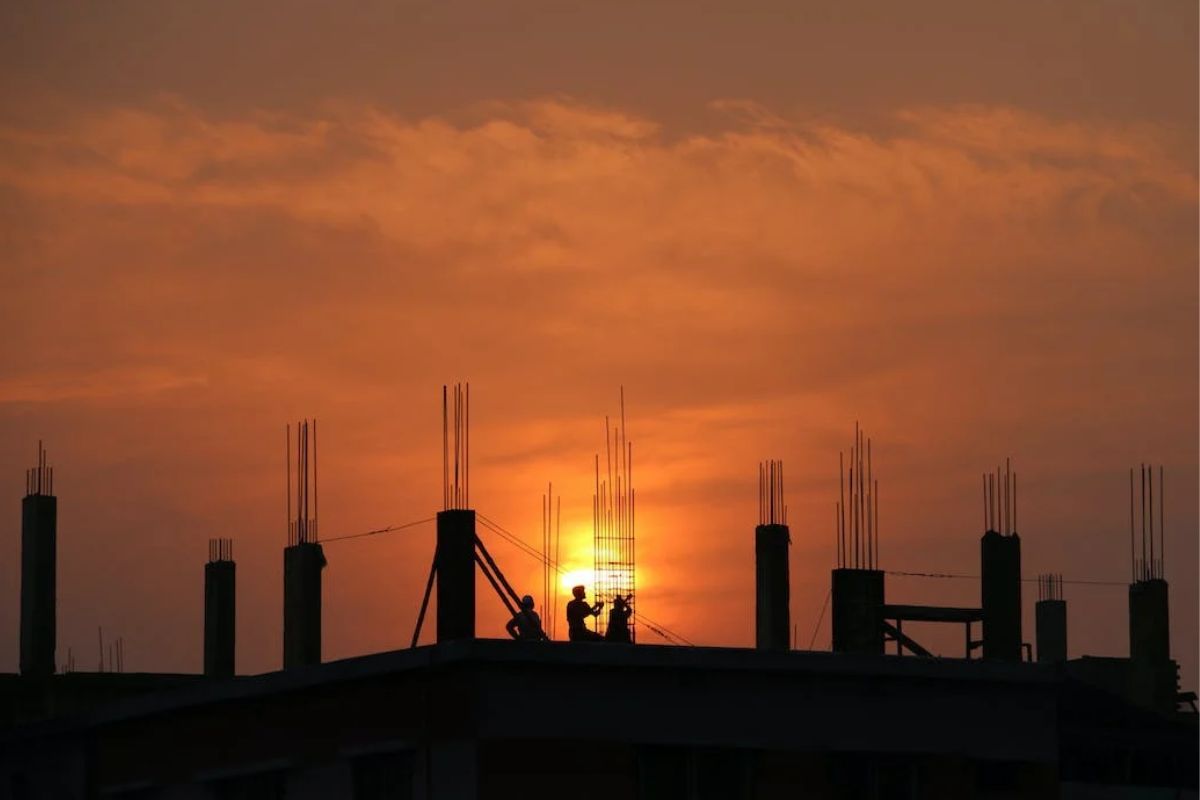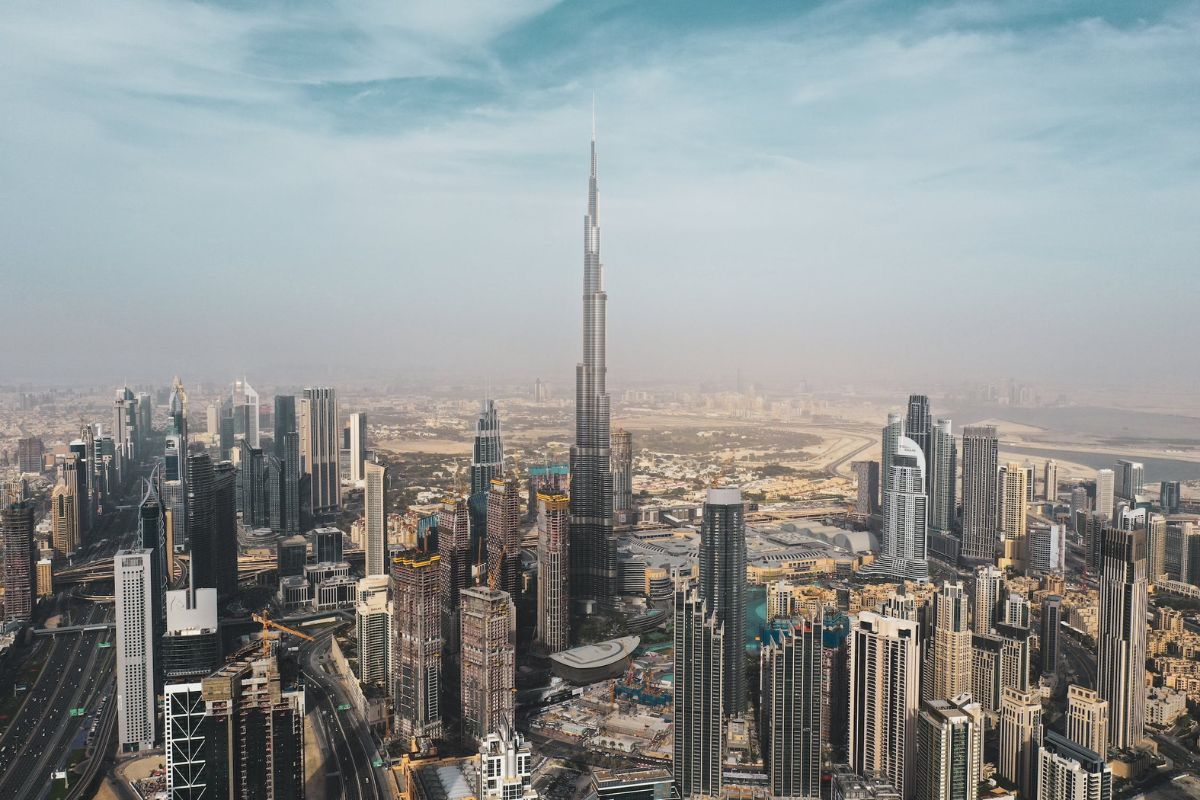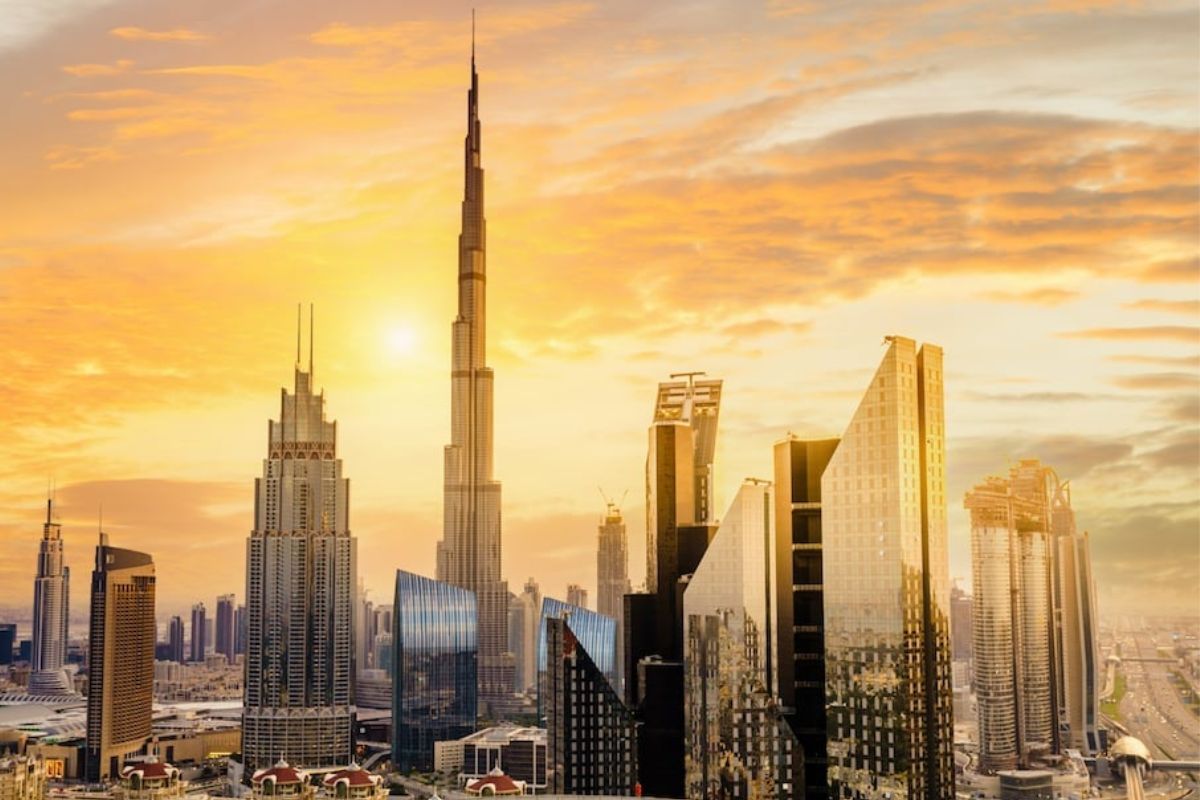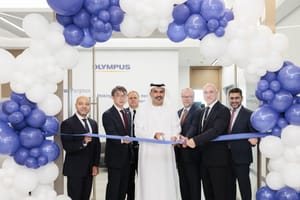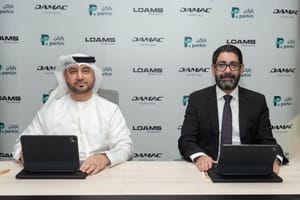What does it take to build a city where every structure is a marvel of engineering and design, destined to last for generations? The answer lies in the unwavering commitment to quality in Dubai, where the skyline is a testament to human ambition and creativity.
From the tallest building in the world to luxurious island resorts, construction companies are tasked with creating impressive architecture and ensuring that each project upholds the highest standards of excellence. But what exactly goes on behind the scenes to ensure that these structures endure the test of time?
Explore how construction companies in Dubai ensure quality standards that rival the best in the world.
Adherence to Dubai Municipality and RERA Guidelines
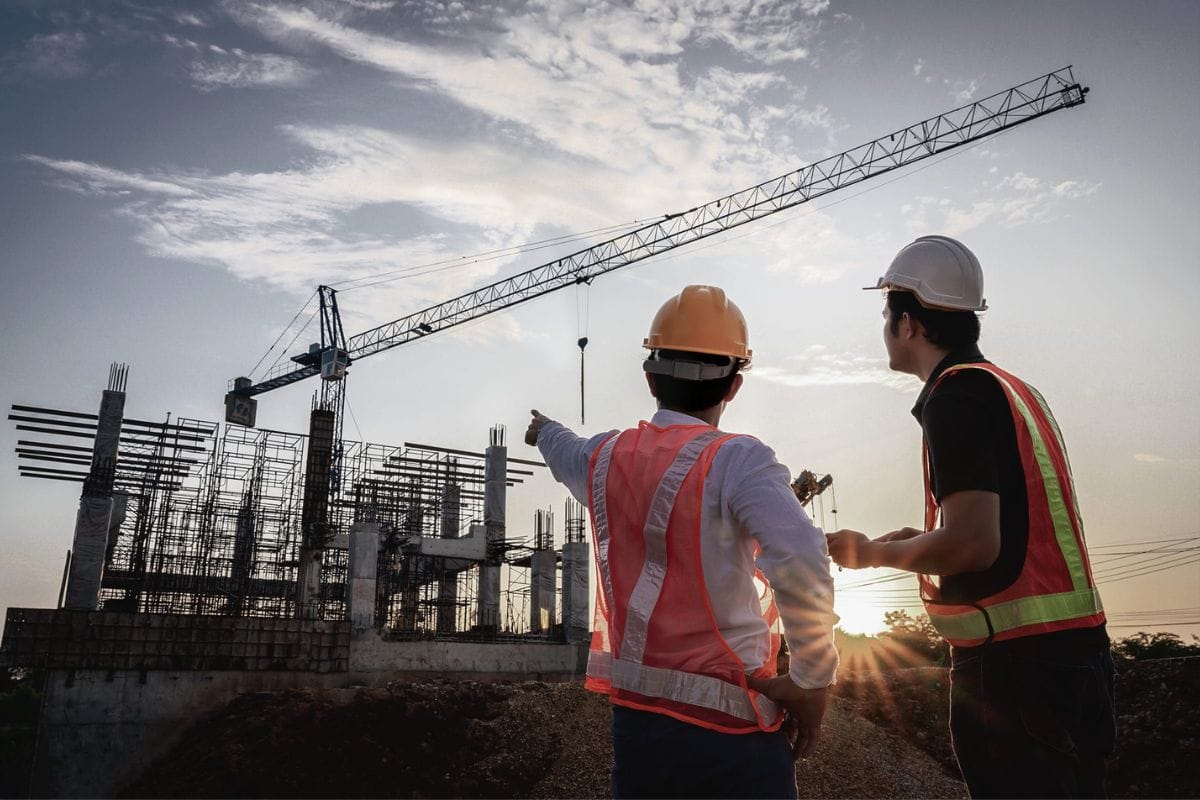
One of the cornerstones of ensuring quality in Dubai’s construction sector is strict compliance with the guidelines set by the Dubai Municipality and the Real Estate Regulatory Agency (RERA). These regulatory bodies oversee various aspects of construction, ensuring that safety, structural integrity, and environmental sustainability are integral to every project.
Dubai Municipality Building Codes
The Dubai Municipality has established detailed building codes covering all aspects of construction. By specifying materials and structural calculations, these codes ensure that buildings withstand Dubai’s environmental challenges, such as high temperatures and seismic activity. Fire safety standards mandate the use of fire-resistant materials, sprinklers, emergency exits, and alarms. Plumbing and electrical systems must adhere to safety and sustainability guidelines. Additionally, buildings must be accessible to people of all abilities. Construction companies must submit detailed plans to the municipality for approval before starting projects, ensuring that all requirements are met through a thorough review process.
Regular Inspections and Audits
Throughout the construction process, the Dubai Municipality conducts inspections at various stages to ensure that the work adheres to approved plans and codes. These inspections are thorough and cover structural, electrical, mechanical, and safety aspects of the project. If any violations are detected, companies may face fines, project delays, or even a halt in construction until the issues are resolved.
In addition to municipality inspections, companies may be required to conduct internal audits and submit reports to demonstrate ongoing compliance. This continuous monitoring helps ensure that any deviations from the required standards are corrected promptly.
Penalties for Non-Compliance
Failure to adhere to the guidelines can lead to serious consequences. Companies may face hefty fines, delays in project approvals, or even suspension of operations. Repeated violations can result in the revocation of licenses, and in severe cases, companies may be blacklisted from future projects.
ISO Certification and Quality Management Systems (QMS)
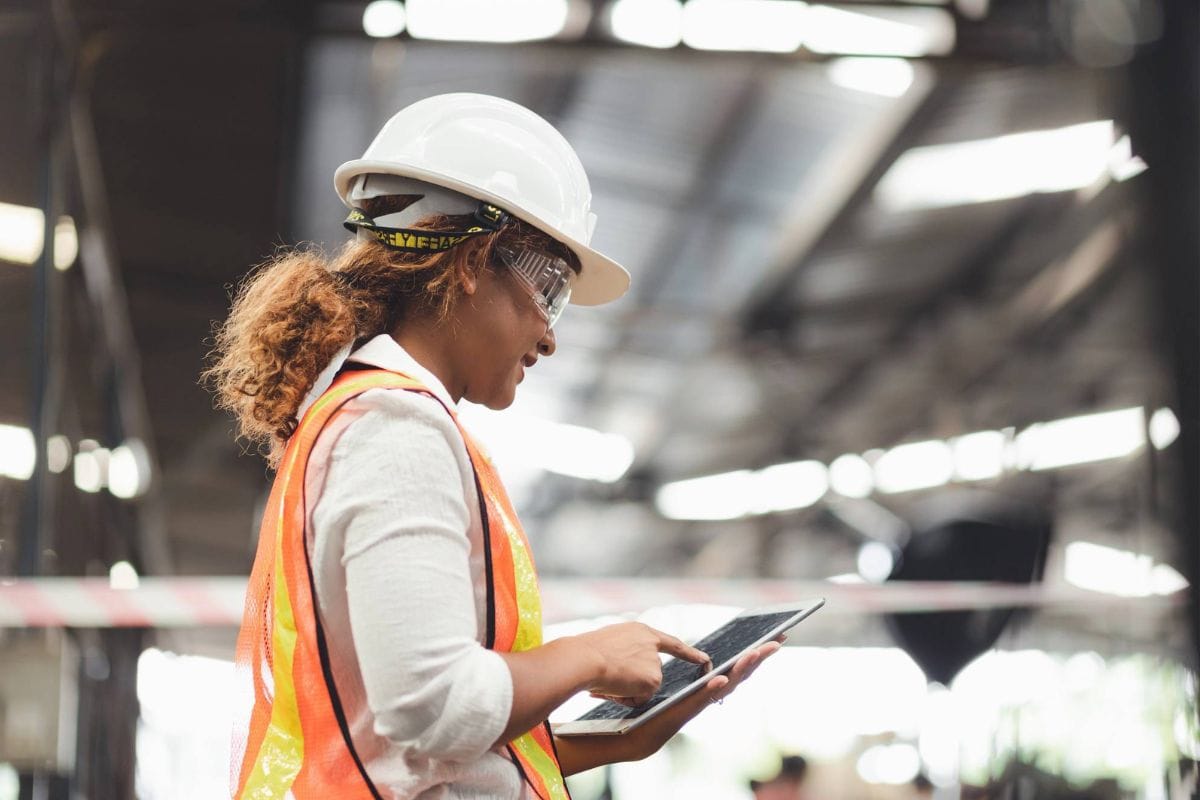
ISO certification and Quality Management Systems (QMS) are crucial components in ensuring high standards of construction quality in Dubai.
ISO Certification
ISO Certification, particularly ISO 9001, is crucial for Dubai's construction companies as it signifies a commitment to high-quality management. ISO 9001 ensures standardized procedures, enhancing consistency and minimizing errors across all operations, from design to delivery. It emphasizes customer satisfaction by setting clear quality objectives and regularly obtaining feedback. The certification promotes continuous improvement through ongoing monitoring and process evaluations.
Documentation and record-keeping are essential for maintaining transparency and accountability, while regular internal audits and management reviews ensure adherence to standards and drive quality enhancements.
Quality Management Systems (QMS)
A Quality Management System (QMS) is a structured approach to managing and enhancing product and service quality. While ISO 9001 provides a specific framework, a QMS can incorporate various methods tailored to a company’s needs. Key elements include a quality policy outlining goals, measurable quality objectives, a quality manual detailing processes and responsibilities, and effective process management. Risk management, employee training, corrective and preventive actions, customer feedback, and continuous improvement are also integral. These components work together to ensure consistent quality, address issues, and drive ongoing enhancements.
Advanced Technology and BIM
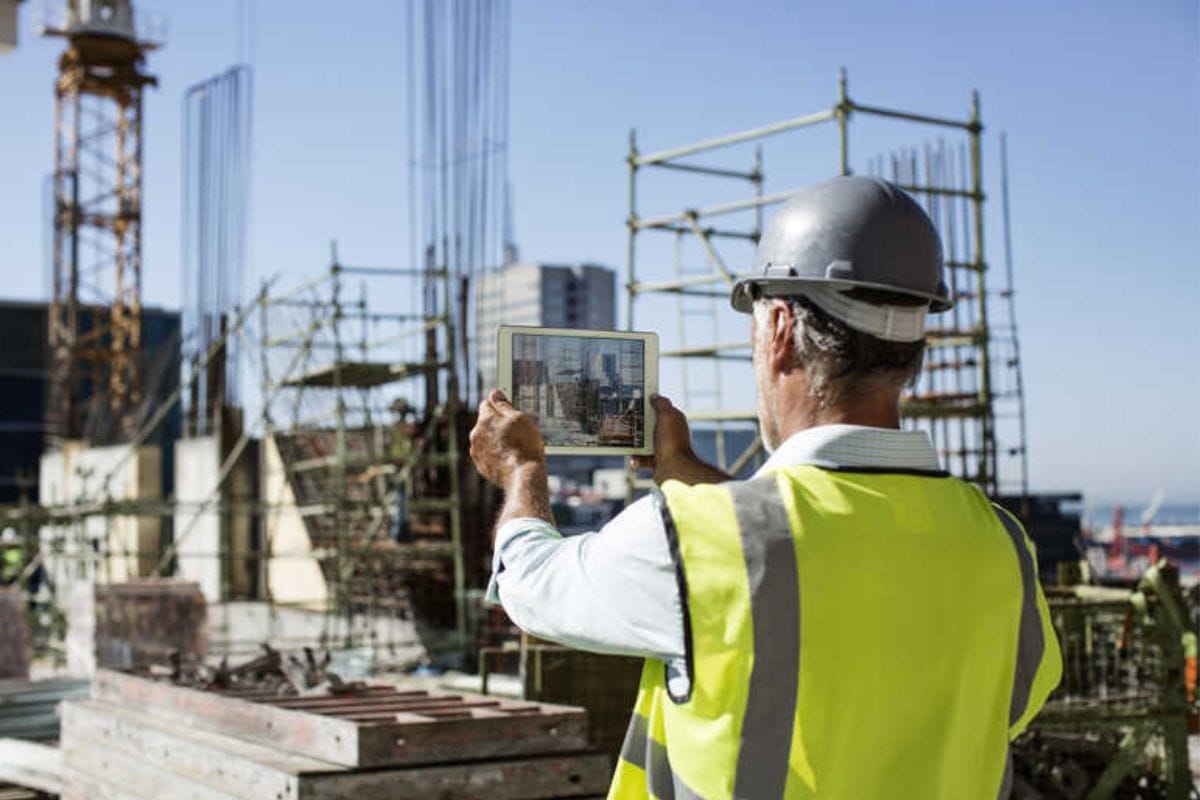
In Dubai’s construction industry, advanced technology and Building Information Modeling (BIM) are crucial for maintaining high-quality standards. BIM is a transformative tool that integrates various aspects of a construction project into a single 3D model, enhancing design accuracy and visualization. This model allows stakeholders to interact with a realistic representation of the project before construction starts, identifying potential issues early and reducing costly changes during construction.
BIM improves collaboration by providing a shared platform where architects, engineers, and contractors can access and update information, ensuring alignment and minimizing misunderstandings. It also excels in clash detection, identifying conflicts between building systems such as ductwork and structural beams, allowing for timely resolution and preventing delays.
Additionally, BIM aids in project planning and management by integrating time (4D BIM) and cost (5D BIM) data into the model. This enables precise scheduling, budgeting, and resource allocation, enhancing overall project efficiency. The model’s cost estimation capabilities facilitate accurate budgeting and control, while its integration with sustainability tools helps assess energy performance and environmental impact.
Beyond construction, BIM supports facility management by providing a comprehensive record of building systems and components. This data is valuable for ongoing maintenance and future renovations, extending the building’s lifecycle and reducing maintenance costs.
BIM also integrates with other technologies like drones and IoT sensors, which enhance site monitoring and data analysis. Drones provide real-time updates on site conditions, while IoT sensors track building performance, feeding valuable data into the BIM model.
Skilled Workforce and Continuous Training
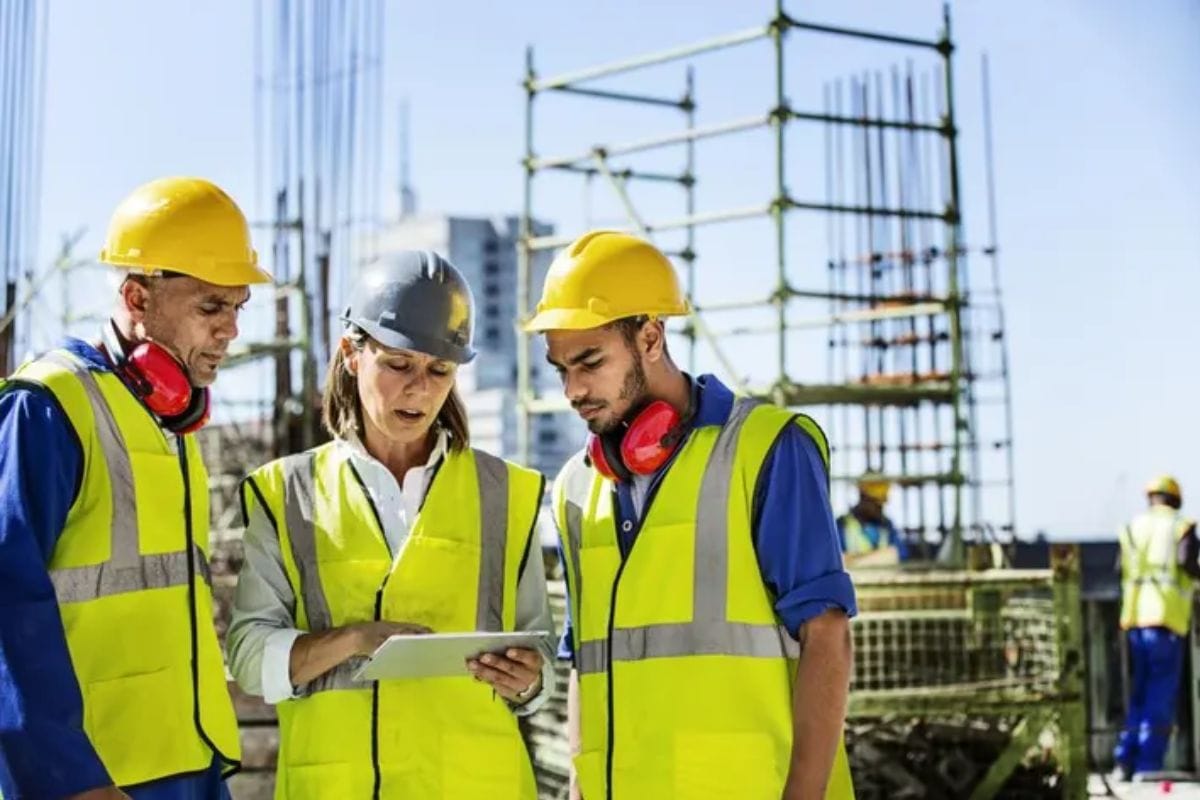
Dubai’s construction industry thrives on the expertise of its skilled workforce and its commitment to ongoing training. Companies prioritize hiring highly qualified professionals in architecture, engineering, and specialized trades, often with international experience. This expertise is crucial for executing complex projects with precision.
To keep pace with industry advancements, companies invest in continuous professional development. Employees participate in workshops, seminars, and certification courses to stay updated on new technologies, materials, and methods. Hands-on training and partnerships with educational institutions further bridge the gap between academic knowledge and practical skills. Embracing new technologies such as drones and BIM, construction firms ensure their workforce is proficient in the latest tools and techniques. Safety is also a key focus, with rigorous training on best practices and equipment used to maintain a secure work environment.
Third-Party Quality Audits
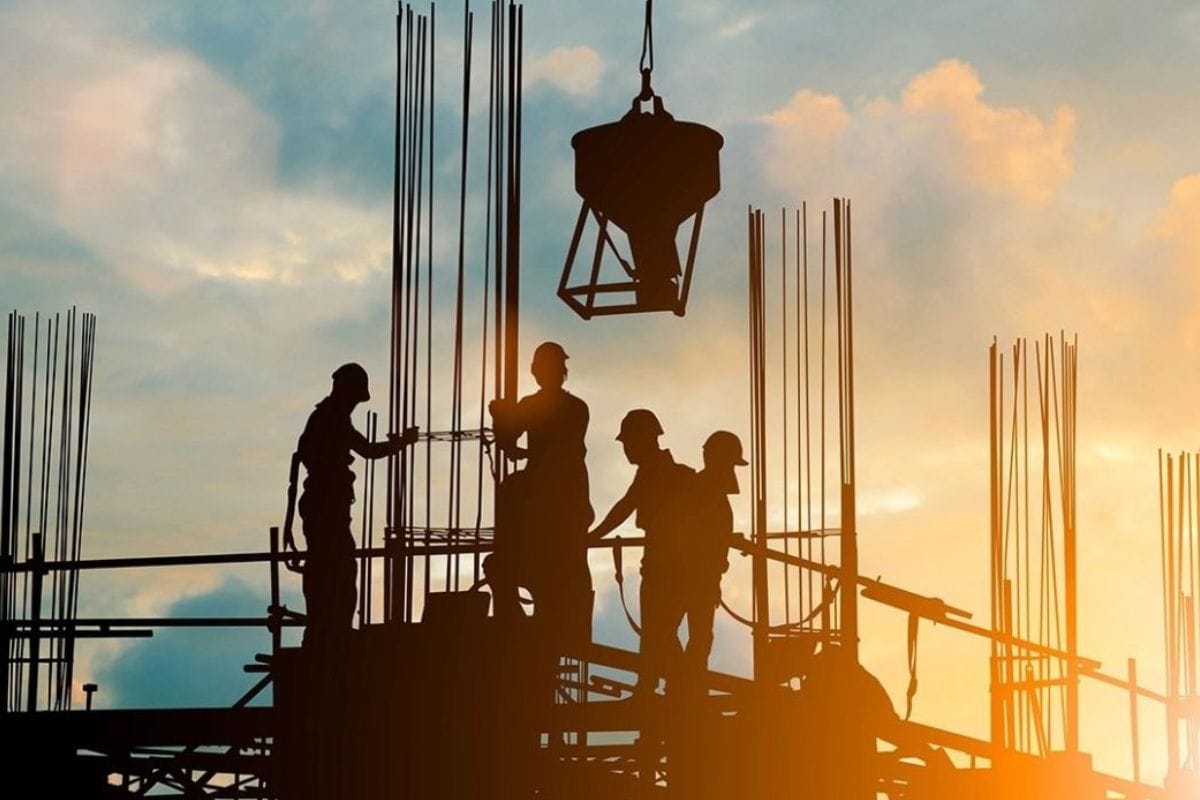
Third-party quality audits are essential for maintaining high construction standards in Dubai. These audits involve independent experts evaluating a project’s compliance with quality, safety, and regulatory standards. The process includes inspecting materials, construction methods, and adherence to design specifications. Auditors, often accredited firms or specialists, provide an unbiased assessment that helps identify issues missed by internal teams.
The audit process involves pre-audit planning, site inspections, interviews, and documentation reviews. Auditors assess material quality, construction practices, and safety protocols, and then provide a detailed report with findings and recommendations for improvement.
Benefits of third-party audits include objective evaluations, assurance of compliance with local and international standards, and improved project quality. They also enhance credibility with stakeholders and contribute to continuous improvement. While third-party audits offer significant advantages, they can be costly and require careful coordination. Despite these challenges, they are crucial for ensuring the success and reputation of Dubai’s construction projects.
High-Quality Materials and Sustainability
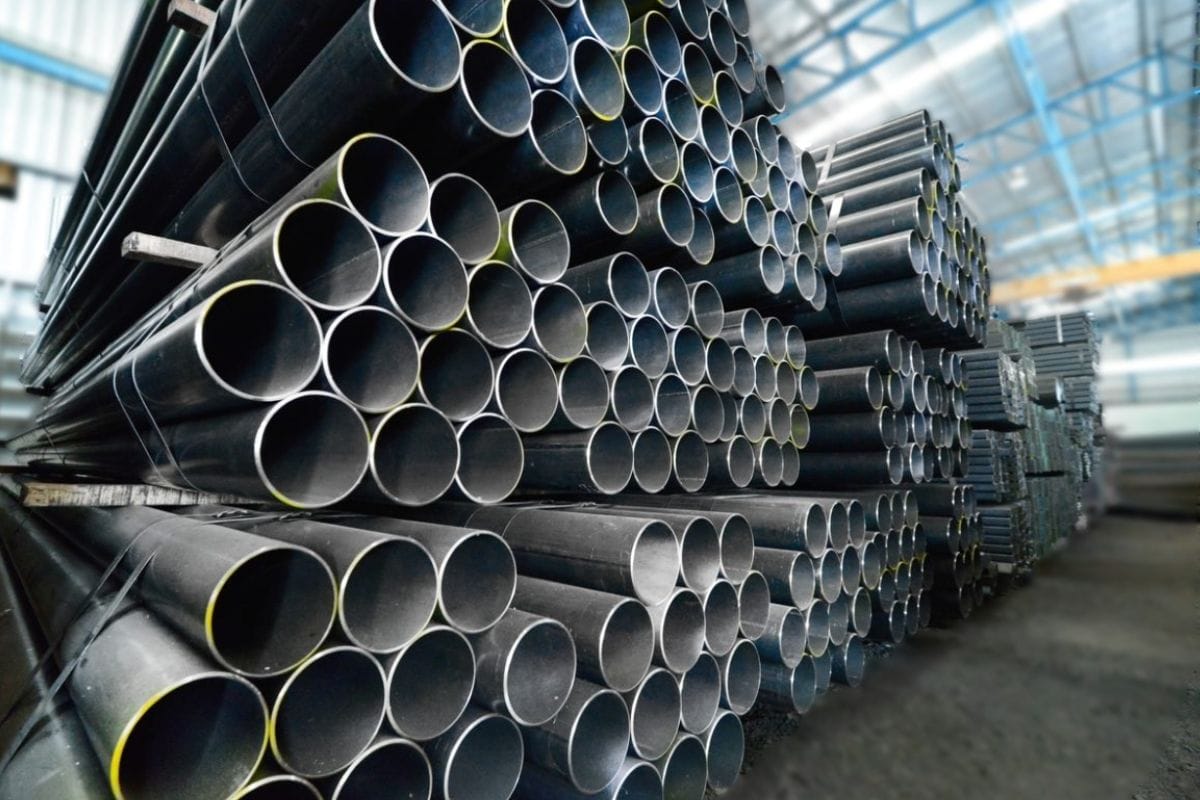
To withstand the city’s extreme climate, companies use specialized materials like fortified concrete and UV-resistant coatings. These materials undergo rigorous testing for strength and performance, ensuring they meet Dubai’s demanding standards.
Sustainability is a major focus, with many companies opting for green building materials such as recycled steel, bamboo, and low-VOC paints. Adhering to Leadership in Energy and Environmental Design (LEED) standards, they integrate energy-efficient systems, renewable energy sources, and water-saving technologies. Energy-efficient HVAC systems, LED lighting, and advanced insulation help reduce energy consumption, while low-flow fixtures and rainwater harvesting address water conservation.
Waste management practices are also prioritized, with companies recycling materials like concrete and metal to minimize landfill waste. Sustainable site practices include reducing dust and noise pollution and protecting local wildlife. By combining high-quality materials with eco-friendly practices, Dubai’s construction industry not only ensures robust, long-lasting structures but also supports the city’s sustainability goals.
Strict Health and Safety Protocols
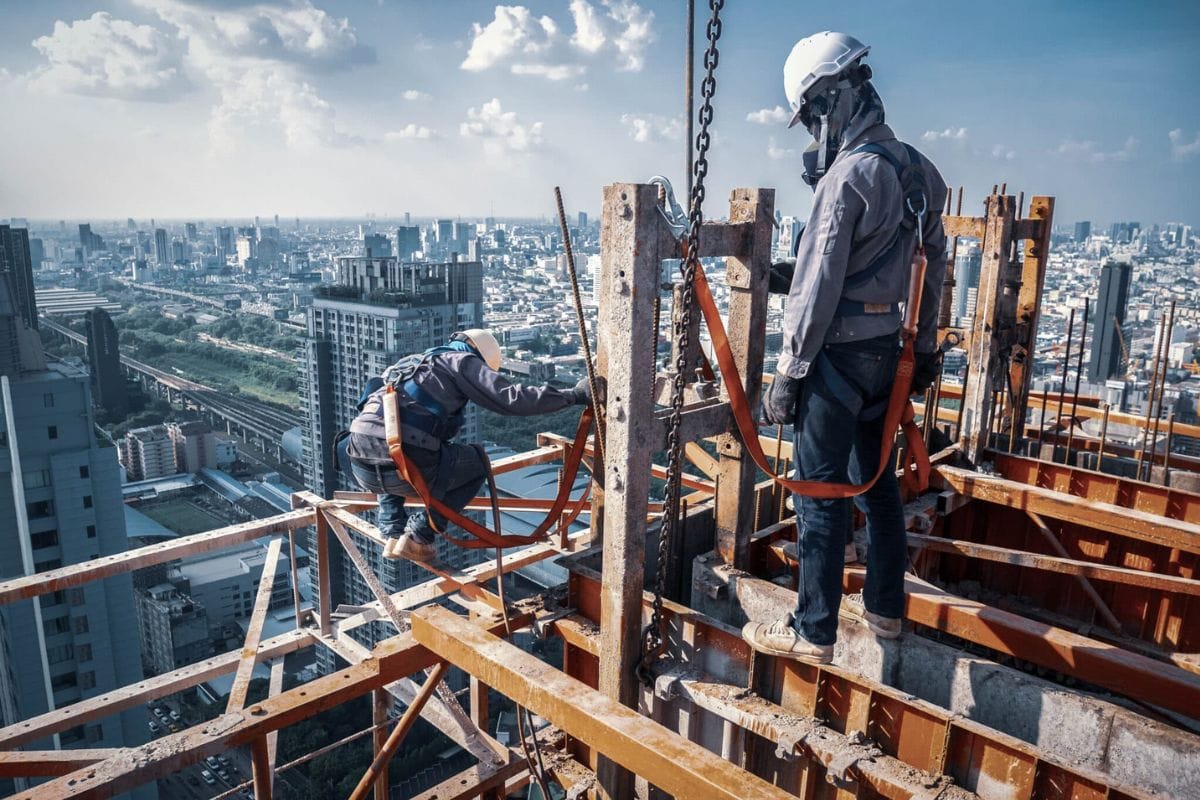
Strict health and safety protocols are crucial in Dubai's construction industry to ensure worker protection and project quality. Governed by Dubai Municipality’s Occupational Health and Safety regulations and UAE labor laws, these protocols mandate compliance with safety standards. Construction companies often adopt systems like ISO 45001, which provide a framework for managing risks and improving safety performance.
The use of Personal Protective Equipment (PPE) is mandatory, with helmets, gloves, and safety vests required on all sites. Regular safety training and emergency drills are conducted to keep workers informed about hazard recognition and proper equipment use. Every construction project must have a site-specific safety plan, regularly updated to address any risks that arise during different phases.
Third-party audits are frequently carried out to ensure compliance with safety regulations, while any accidents or near-misses are meticulously reported and analyzed to prevent recurrence. Additionally, companies provide welfare facilities such as rest areas and first aid stations, essential for worker well-being, especially during Dubai's extreme weather conditions.
These comprehensive health and safety measures not only safeguard workers but also contribute to maintaining high standards of quality in Dubai’s construction projects, ensuring smooth execution from start to finish.
Also Read:
